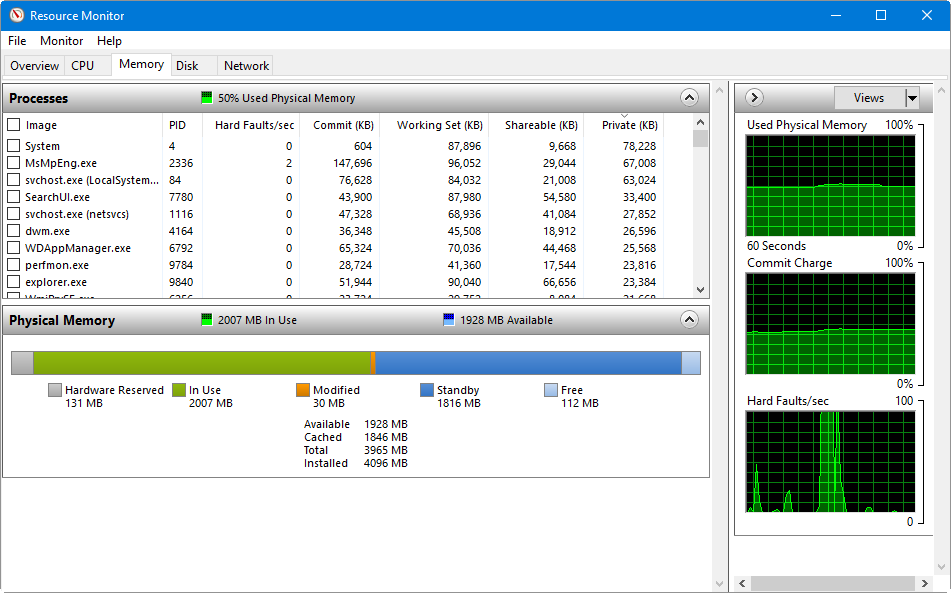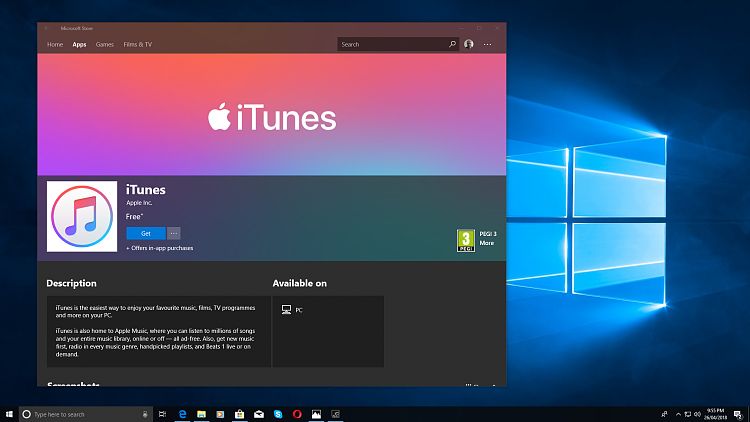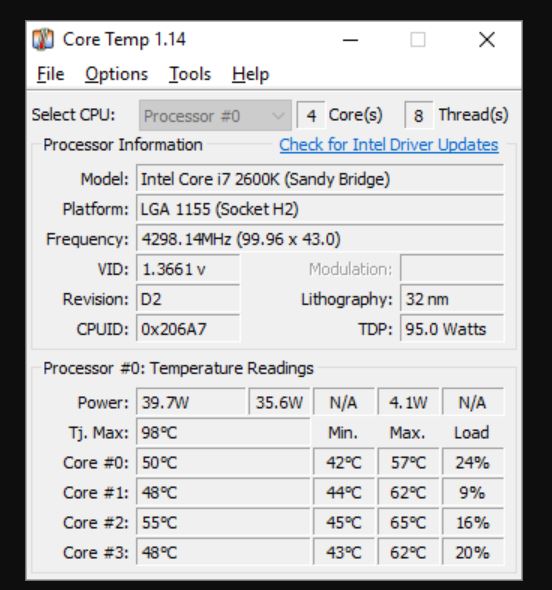
Windows_memory_pool_nonpaged_allocs_total Number of disk page writes (a single write operation writing several pages is still only counted once) Total number of swap page read and writes (PagesPersec) Windows_memory_swap_page_operations_total Number of pages written across all page writes (ie counting all pages written even if they are written in a single operation) Number of pages read across all page reads (ie counting all pages read even if they are read in a single operation) Number of disk page reads (a single read operation reading several pages is still only counted once) Overall rate at which faulted pages are handled by the processor This memory needs to be written out before it will be available for allocation to a process or for system use
#WINDOWS MEMORY MONITOR CODE#
This memory contains cached data and code that is not actively in use by processes, the system and the system cache. The amount of physical memory, in bytes, that is assigned to the modified page list. Number of page table entries not being used by the system Windows_memory_free_system_page_table_entries It is immediately available for allocation to a process or for system use This memory does not contain cached data.
#WINDOWS MEMORY MONITOR FREE#
The amount of physical memory, in bytes, that is assigned to the free and zero page lists. Windows_memory_free_and_zero_page_list_bytes

#WINDOWS MEMORY MONITOR WINDOWS#
Zeroed pages, pages emptied of previously stored data and filled with zeros, are a security feature of Windows that prevent processes from seeing data stored by earlier processes that used the memory space The number of zeroed pages required to satisfy faults. Number of faults which occur when a page sought in the file system cache is not found there and must be retrieved from elsewhere in memory (soft fault) or from disk (hard fault)Īmount of virtual memory, in bytes, that can be committed without having to extend the paging file(s)Īmount of committed virtual memory, in bytes Maximum number of CacheBytes after the system was last restarted Number of bytes currently being used by the file system cache It is equal to the sum of memory assigned to the standby (cached), free and zero page lists The amount of physical memory immediately available for allocation to a process or for system use. The memory collector exposes metrics about system memory usage Only `windows_memory_pool_nonpaged_bytes` is a gauge, all the other Windows_memory_write_copies_total non-counter metrics should not have "_total" suffix Windows_memory_transition_pages_repurposed_total non-counter metrics should not have "_total" suffix Windows_memory_transition_faults_total non-counter metrics should not have "_total" suffix Windows_memory_swap_pages_written_total non-counter metrics should not have "_total" suffix Windows_memory_swap_pages_read_total non-counter metrics should not have "_total" suffix Windows_memory_swap_page_writes_total non-counter metrics should not have "_total" suffix Windows_memory_swap_page_reads_total non-counter metrics should not have "_total" suffix Windows_memory_swap_page_operations_total non-counter metrics should not have "_total" suffix Windows_memory_pool_paged_allocs_total non-counter metrics should not have "_total" suffix



Windows_memory_pool_nonpaged_bytes_total non-counter metrics should not have "_total" suffix Windows_memory_pool_nonpaged_allocs_total non-counter metrics should not have "_total" suffix Windows_memory_page_faults_total non-counter metrics should not have "_total" suffix Windows_memory_cache_faults_total non-counter metrics should not have "_total" suffix Windows_memory_demand_zero_faults_total non-counter metrics should not have "_total" suffix


 0 kommentar(er)
0 kommentar(er)
